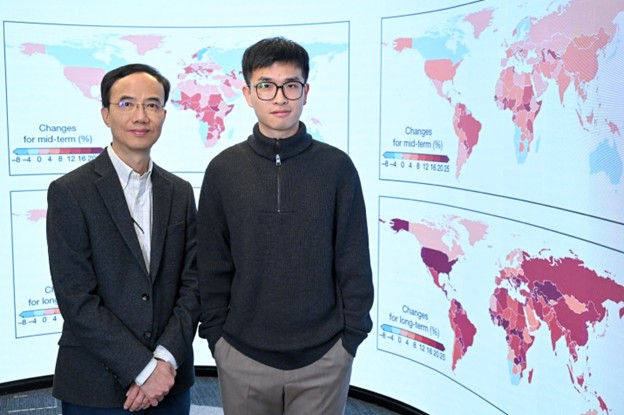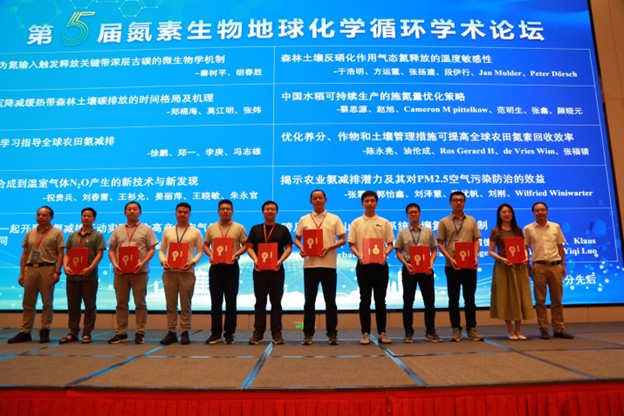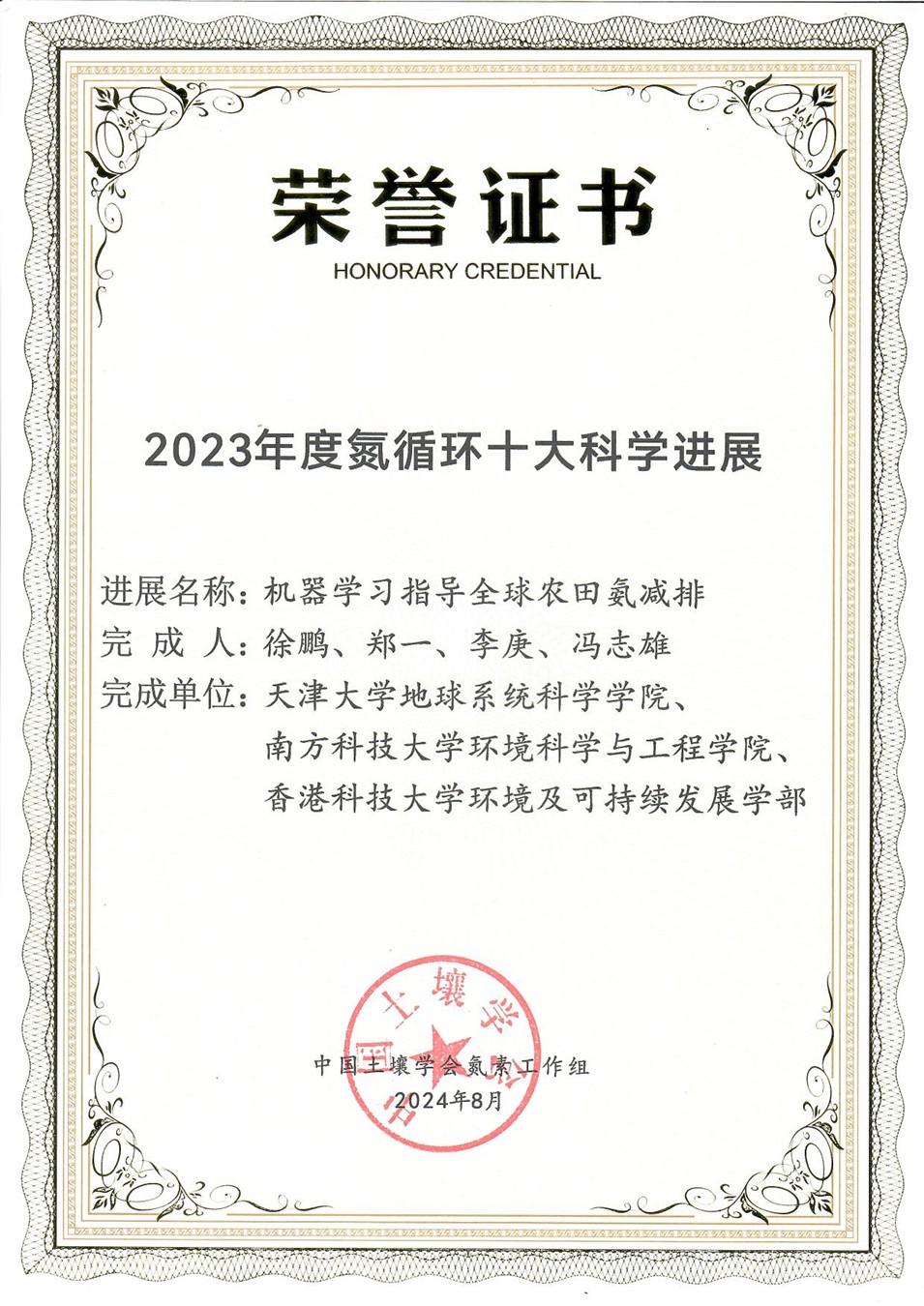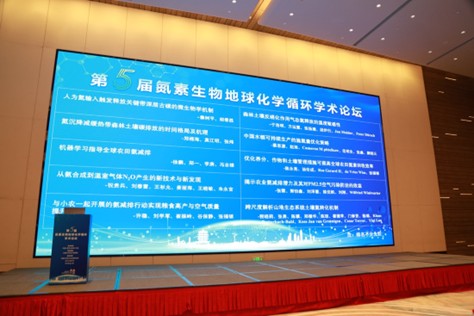The 5th Nitrogen Biogeochemical Cycle Academic Forum was successfully held in Wuhan, Hubei, on August 17, 2024. The “Top 10 Scientific Advances in Nitrogen Cycles” for 2023 was announced during the forum. Among the selected achievements was the research work titled “Machine Learning Guided Fertilizer Management for Global Ammonia Emission Reduction” by the research group led by Prof. Jimmy FUNG from the Division of Environment and Sustainability (ENVR). Key contributors included XU Peng, ZHENG Yi, LI Geng (PhD student of the Division of Emerging Interdisciplinary Areas), and Jimmy FUNG.
The research highlights are as follows: The release of NH3 from various agricultural and industrial processes could cause air and water pollution, damaging the ecosystem and posing threats to human health. As the demand for food increases amid the world's population growth, it has become crucial to discover ways of reducing these emissions for sustainable development. However, the lack of accurate global-scale information makes it challenging for countries to implement effective emission reduction strategies tailored to their specific conditions. To address this challenge, the research team subsequently trained an AI-powered computer model to estimate global NH3 emissions using the dataset while considering various geographical factors. This model is capable of generating customized fertilizer management plans for different regions. The AI model discovered that optimizing fertilizer management can potentially reduce global NH3 emissions from the cropland by up to 38%. Asia has the highest NH3 reduction potential, followed by North America and Europe. This finding holds particular significance as this work has projected a 4.0% to 5.5% increase in global NH3 emissions from cropland over the 30-year period until 2060. Therefore, even achieving a fraction of this potential reduction would suffice to offset the projected increase. The research was published in the high-impact journal Nature and was highlighted in a Research Briefing. It has also been extensively covered by media outlets such as people.cn.
The “Top 10 Scientific Advances in Nitrogen Cycles” recognizes important scientific theories or breakthroughs in new theoretical models, research methods, and technological developments in the field of nitrogen cycle research.
Click here to read more about the scientific breakthrough: https://ais.hkust.edu.hk/whats-happening/news/hkust-researchers-develop-ai-enabled-model-help-mitigate-global-ammonia










